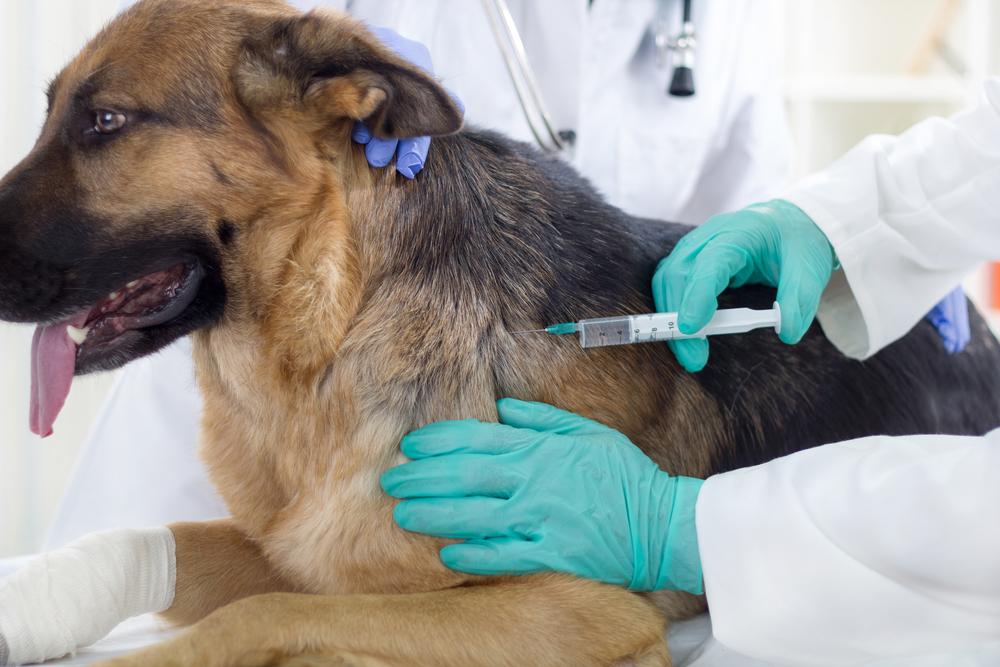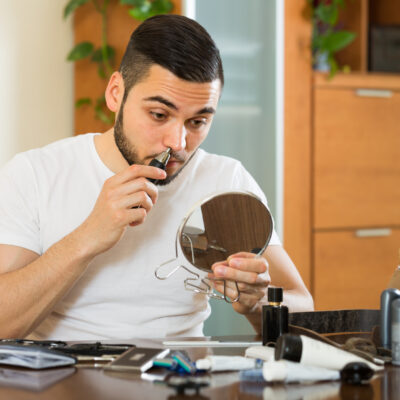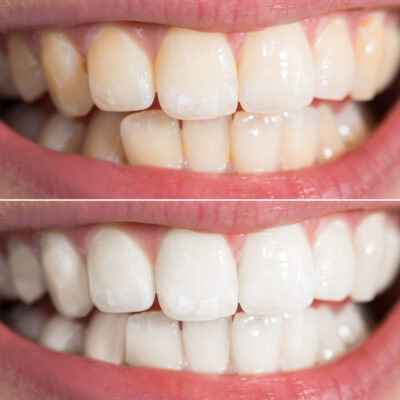
8 Things to do to Protect Pets from Rabies
There are many things that you can easily do to protect your pet from rabies. You must make it a point to visit the vet regularly. Also, keep up-to-date with vaccines. Rabies is an incurable and deadly viral disease affecting the human or pet’s central nervous system and brain.
Rabies virus spreads through the saliva of infected animals. So, the transmission is possible only through bites and scratches. The incubation period may vary from one patient to another, but it typically 3-8 weeks. This duration will depend on factors like the location of the wound, its severity, and the animal’s immune system. The farther it is away from the brain, the greater the incubation period. It is essential that you know the best ways to protect your pet from rabies.
Early signs of rabies include behavioral changes, where the animal becomes more anxious and aggressive. As the disease progresses, they become sensitive to sound and light and are prone to seizures. In the end stage, the nerves in the throat and head become paralyzed, making it impossible for the animal to swallow. Next, there is a respiratory failure, followed by death.
Protecting your pet from rabies includes the following tips and tricks:
1. Regular checkups and vaccinations
Take your pet for regular check-ups to the vet and get it vaccinations on time. While wildlife is more susceptible to this virus than domestic pets, people have more contact with pets than wildlife. So, when the pets get infected, the risk of people getting infected become high. Therefore, it is important to keep the pet vaccines against rabies up-to-date, so that humans do not get affected too.
2. Vaccination certificates
It is vital to keep these vaccination certificates in a place that is easily accessible. When the pet bites any other animal or individual, you must consult your vet right away. In most states, bites need to be reported to local health departments. Animal control officials will then contact you for filing a report, and you are required to show them proof that your pet was vaccinated. In case your pet has been attacked, you can ask the owner of the attacking pet to provide a certificate. If he is not able to show proof, the incident needs to be immediately reported.
3. Stay away from wild animals
It is advisable to not keep wild animals as pets in your home. Many people have exotic animals in their homes, and these cannot be vaccinated against the virus.
4. Keep your pets aways from wildlife
It is highly recommended and important yourself and your pets away from wildlife, whether dead or alive. You should contact the experts to handle the situation.
5. Watch out for odd behaviour
It is advisable to stay away from animals that are behaving abnormally. When a wild animal is unusually friendly or acting oddly, chances are it may have been affected.
6. Supervise your pets
You must not allow your pets to roam freely without supervision or eat outdoors. When you leave food outside, it will invariably attract strays, bringing them to your home.
7. Animal-proof your garbage
You must also animal-proof the trash. Always make sure there are no open garbage bags lying outside where the pet can go.
8. Maintain your garden
You need to make sure that your garden is well maintained and that the branches are trimmed properly so that animals cannot enter your garden. All chimneys, furnaces, and windows should be protected with screens if you stay near the forest.


